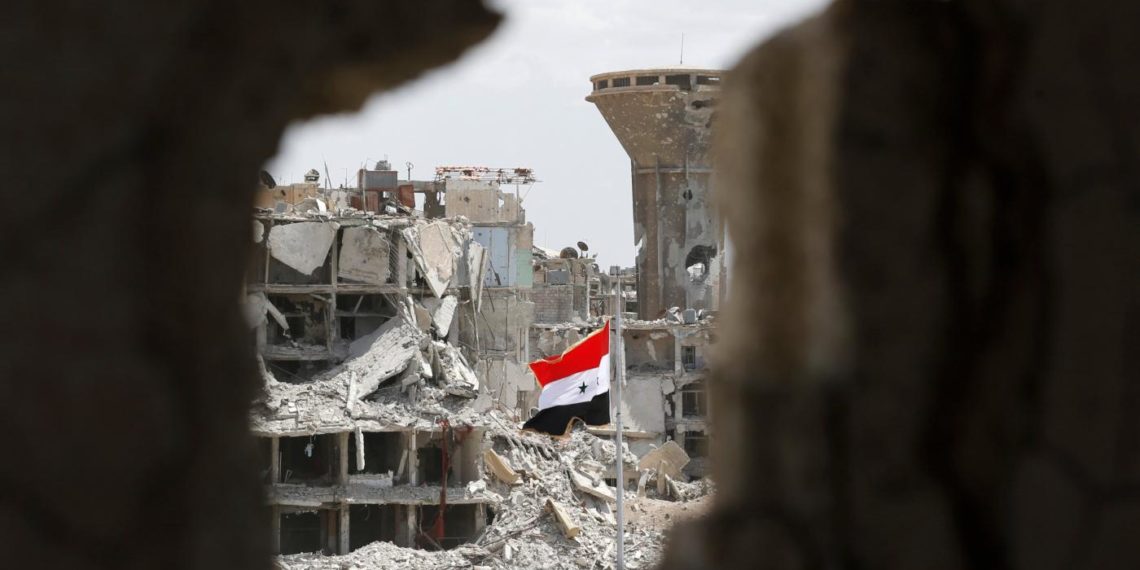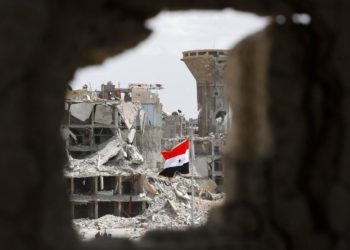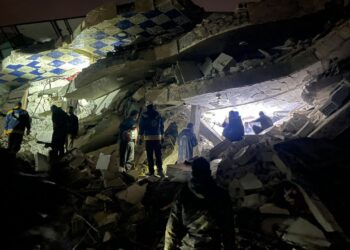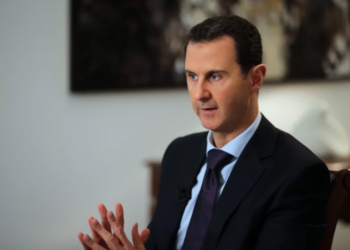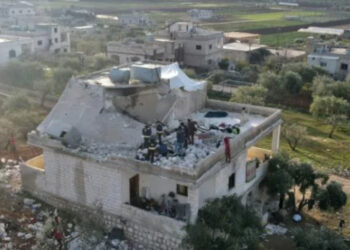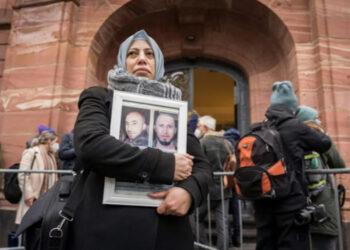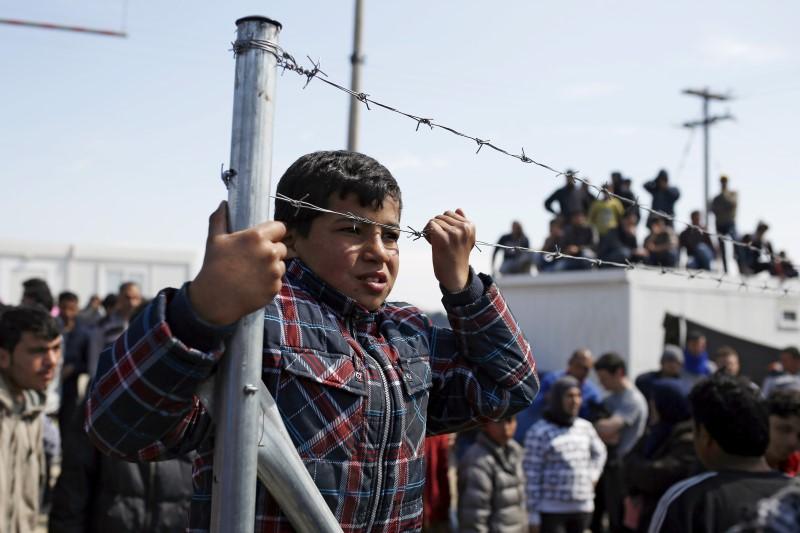With Bashir al-Assad’s victory in Syria nearly complete, the difficult task of rebuilding the devastated country begins. While estimates put the cost up to 400 billion dollars, it’s not a lack of money that will pose the greatest challenge to Syria’s future. Instead, it’s the misguided belief that rebuilding infrastructure is the same as rebuilding a society.
The numbers are staggering. Half of Syria’s hospitals have been destroyed. The economy has shrunk by nearly two-thirds. Seventy percent of Syrians have no access to clean water, school attendance has dropped by 40 percent, and an estimated two out of three Syrians live in extreme poverty. The most visible aspect of this living hell is that more than half of Syrians have fled their homes.
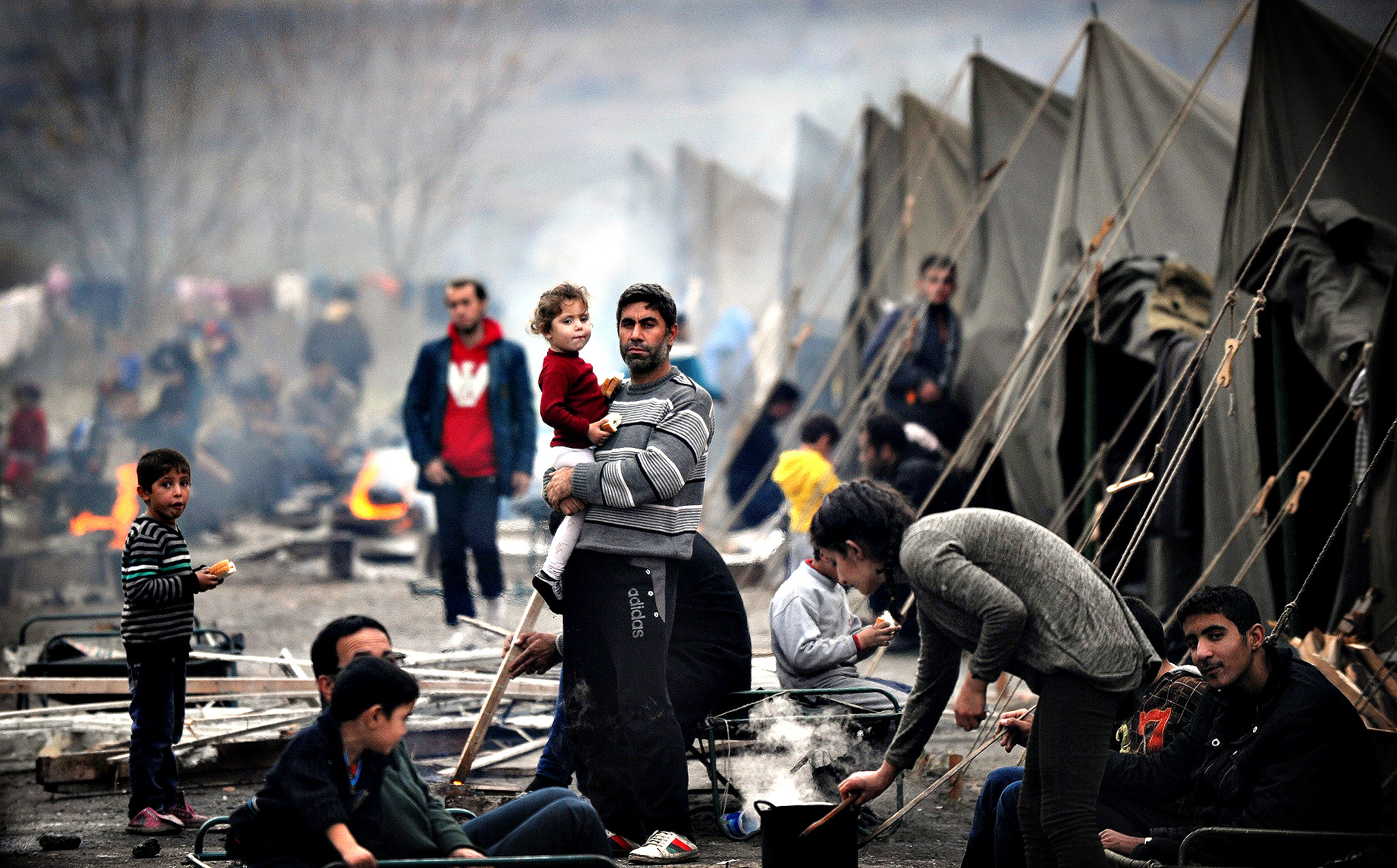
But just numbers only provide an outline of the crisis. The stories of 25-year-old Abdulmonam Eassa, who lived through a series of bombardments and subsequently helped to pull children out of the rubble, and 15-year-old Moussa, who like many other children was tortured and kept in prison alongside rotting dead bodies only to be released and then to lose his brother and father help us appreciate the enormous social and psychological impact of war.
Knowing the plight of adults such as Abdulmonam and children such as Moussa allows us to understand the consequences of war upon society – the withering of social bonds, the psychological effects upon children, and the breakdown of trust. Each of the twenty million Syrians has a story to tell of how their lives changed and will never be the same again.
Lessons from Iraq
A key lesson from Iraq is that rebuilding infrastructure is no substitute for rebuilding society. Spending billions on constructing roads, schools, and bridges doesn’t automatically lead to good outcomes.
Seeing pieces and tweets on ‘rebuilding efforts’ by regime make me so angry because it removes the agency from the Syrians who he had begun rebuilding their towns the day Assad began bombing them. Syrians have been rebuilding Syria since 2011 only for Assad to keep destroying it.
— Razan Saffour (@RazanSpeaks) February 22, 2020
Because it takes years to reconstruct the social bonds that are critical to a cohesive community, rebuilding infrastructure if favored over rebuilding societies. The benefits from activities aimed at building social capital, such as establishing a reconciliation commission or training a new generation of journalists, can take years to reap.
And even if such programs were implemented, the psychological trauma of living through war is believed to be passed on to future generations, not only by word of mouth but also through genetic changes hampering children’s development. Additionally, recriminations and latent hatred can continue to simmer for decades, think Northern Ireland and the Balkans.
Post-Conflict Reconstruction
Had the international community understood the task of rebuilding Iraq as being centered on rehabilitating a society, then the Iraqi police and military would not have collapsed in the face of a much smaller Islamic State army.
One-third of Iraqi territory fell to the group because many Sunnis welcomed them. It’s not that they were angry because roads or schools weren’t being built in their areas, but rather it was because the new society being created didn’t include them.
The same risks are present in rebuilding Syria. Rush ahead with bricks and mortar projects at the expense of civil society and risk fractured, disenfranchised, and angry communities that will give succor to any and every rebel group.
I suspect that the United States learned this lesson in Afghanistan and Iraq, albeit the hard way. However, because of the dominant role Russia and Iran played in strengthening Assad’s regime, decisions on post-conflict rebuilding effort will be made in Tehran and Moscow and not in Washington. As a result, the lessons from Iraq and Afghanistan will be ignored.
Left to chart their own course, the Russian and Iranian governments, new to the business of post-conflict reconstruction, will pursue an infrastructure first agenda closely aligned to the interests of Assad’s regime. With such a plan, it is unlikely that strengthening civil society, building trust
Supporting Syrian Society
Accepting this scenario, one option for western countries is to let Syria fail. The West could continue the power play and watch as Iran and Russia make the same mistakes that were made in Iraq and Afghanistan, and then notch it up as a smart geopolitical move.
The other option is for the United States, European Union, and other donor countries to provide the necessary funds for long term support to Syrian society. This will be costly and politically controversial as it will be perceived as propping up a dictator.
However, providing financial support to U.N. agencies and NGOs able and willing to work in Assad’s Syria over the many arduous years to come is morally and strategically the right thing to do.
Supporting Syrian society will help sustain the fading slivers of hope that first brought the people onto the streets nearly a decade ago, and will be the best hope for a future drive for change from within.


